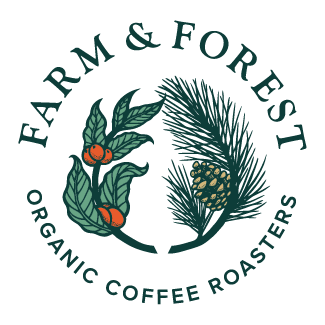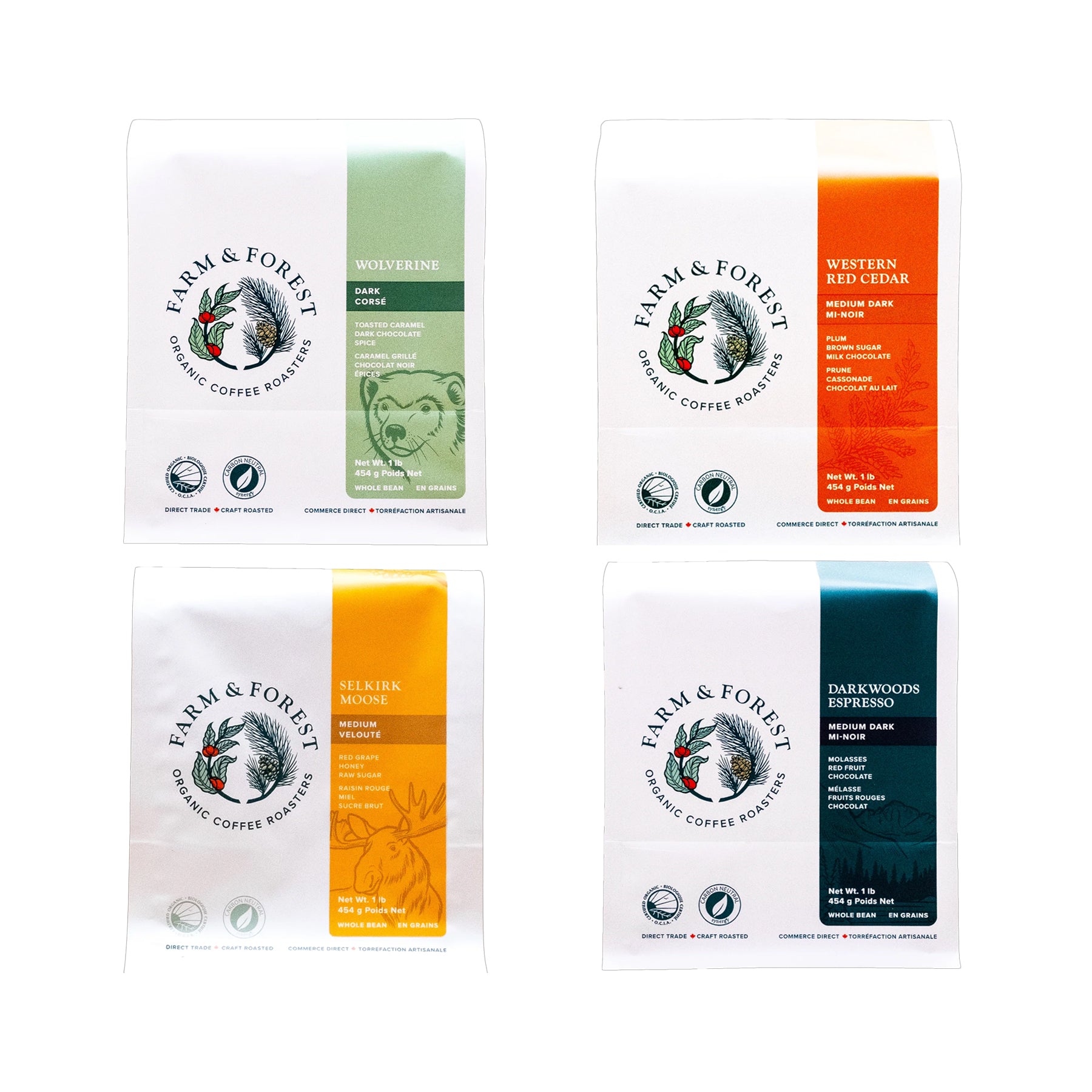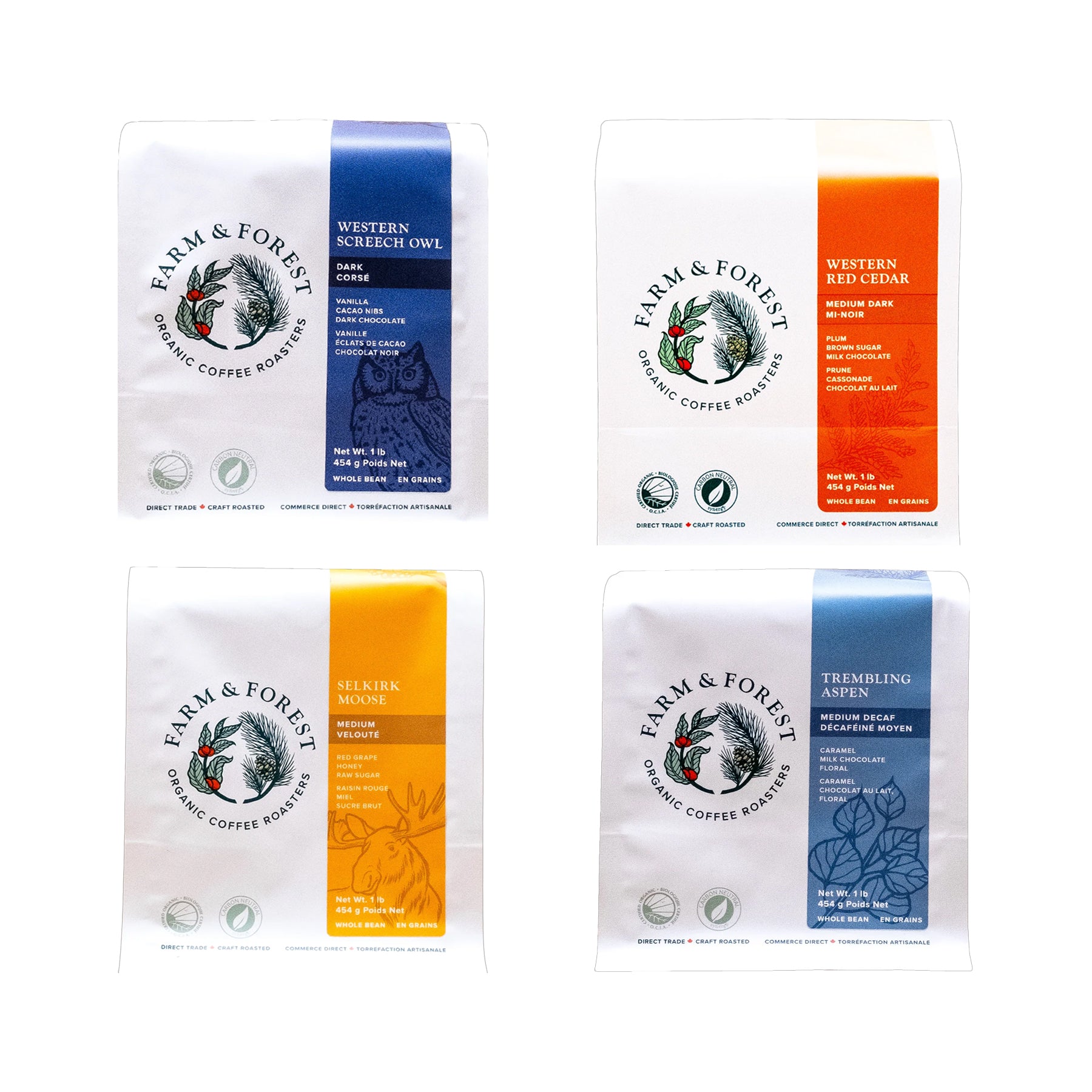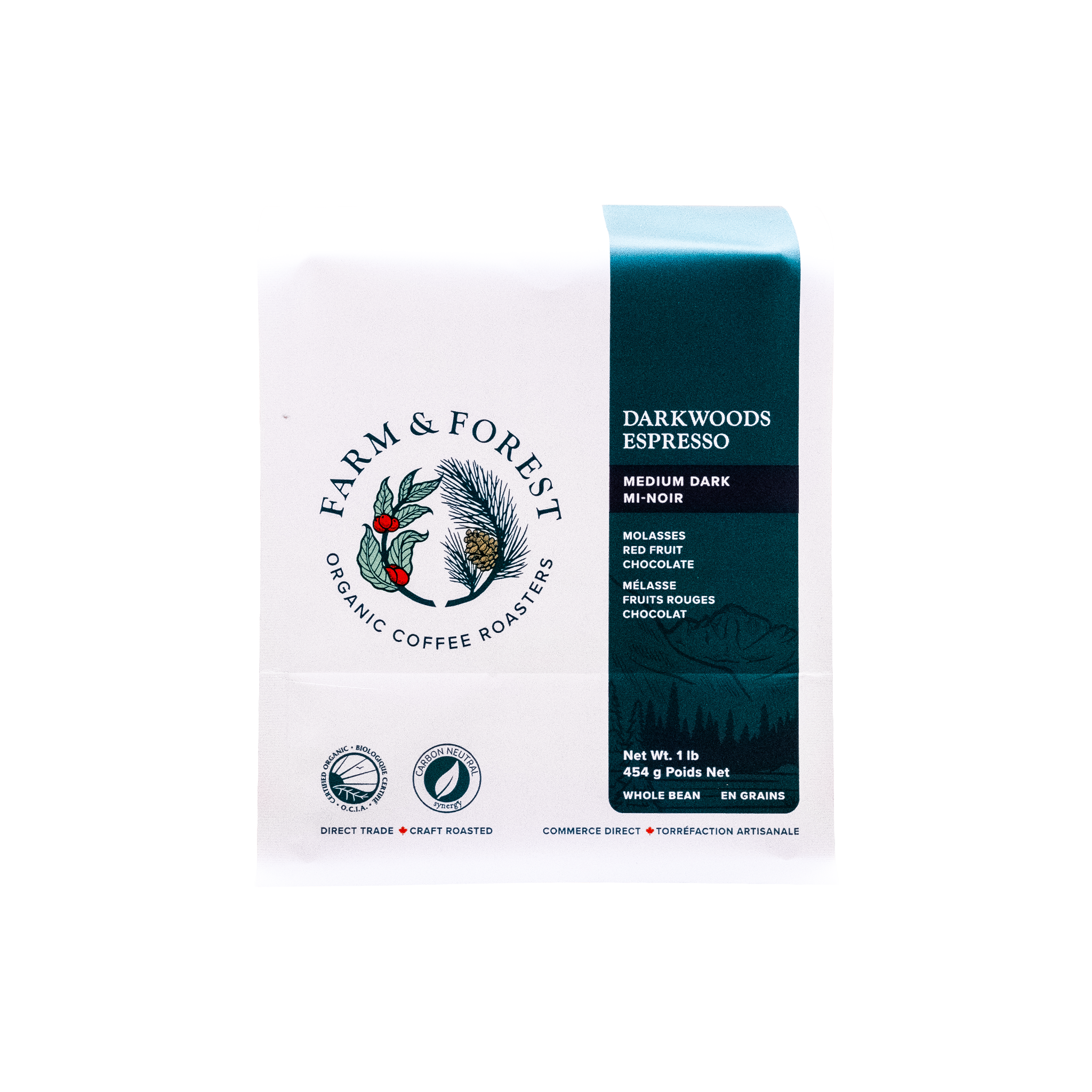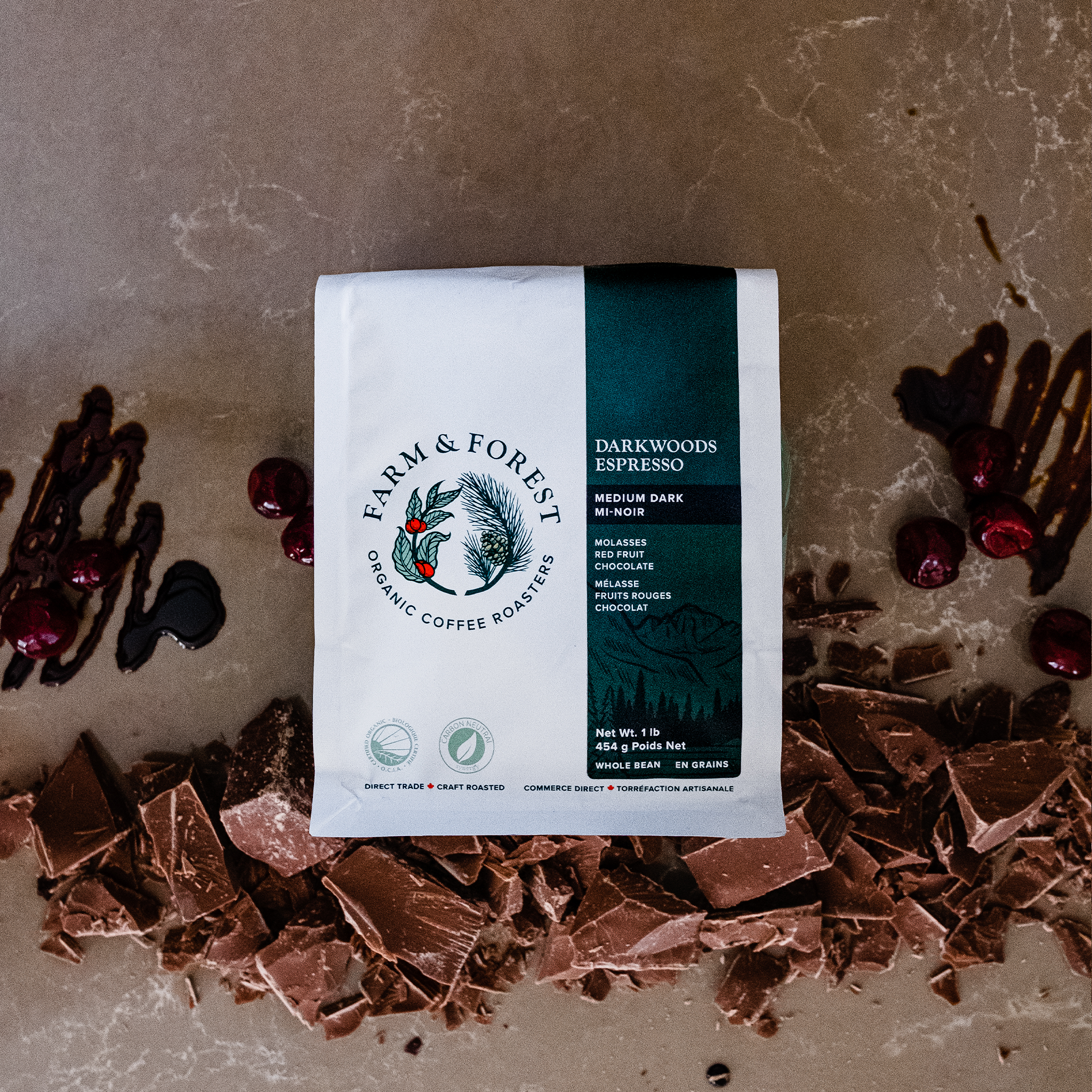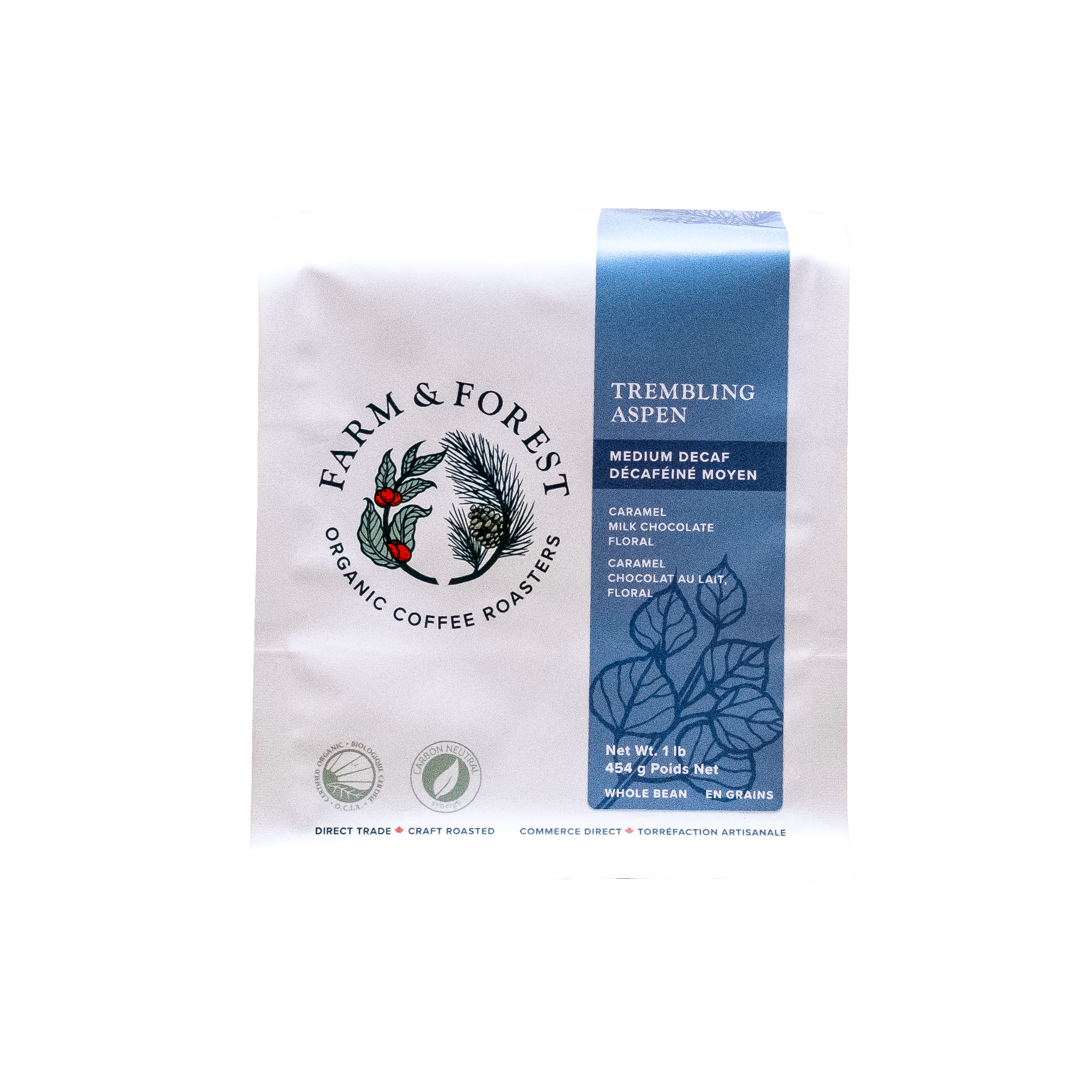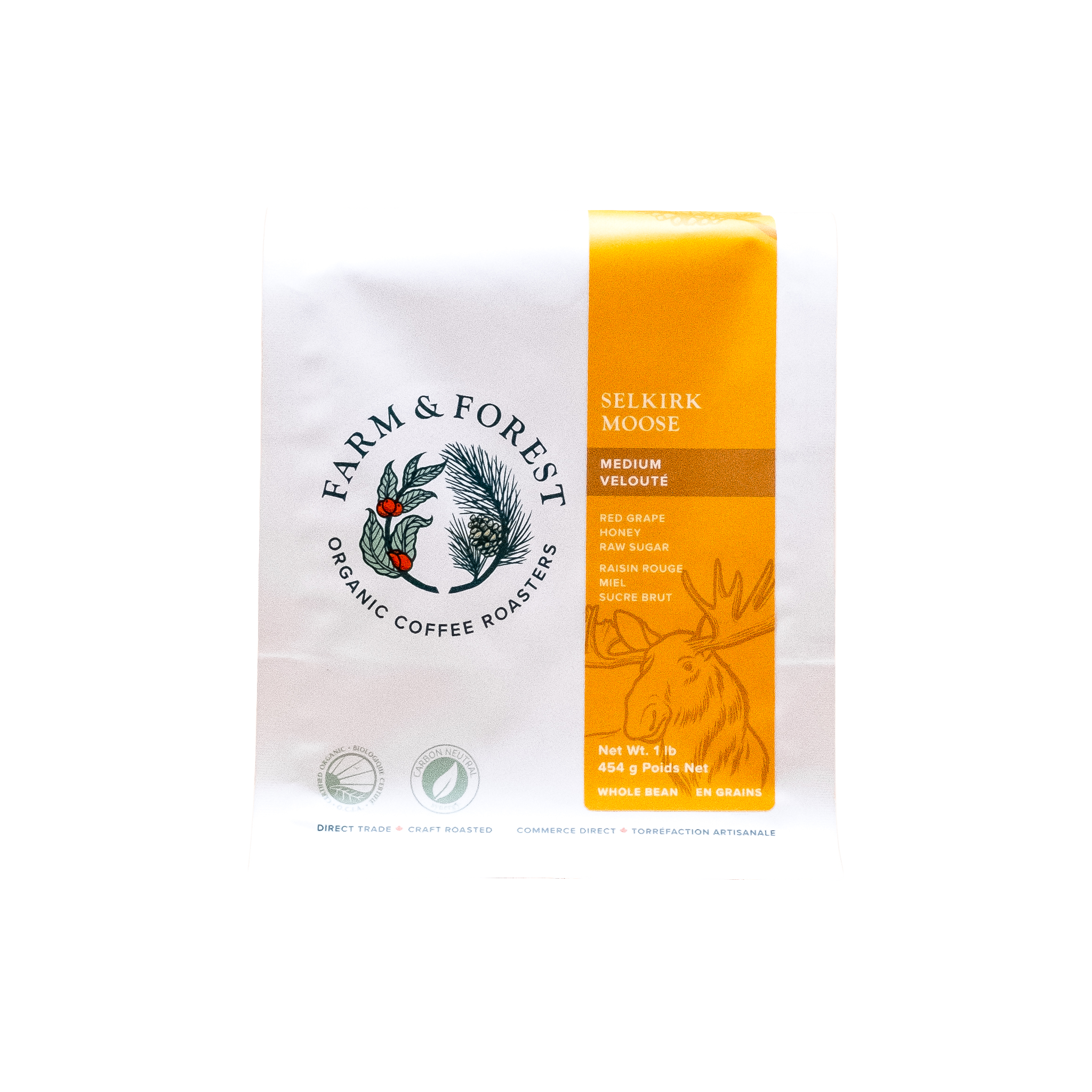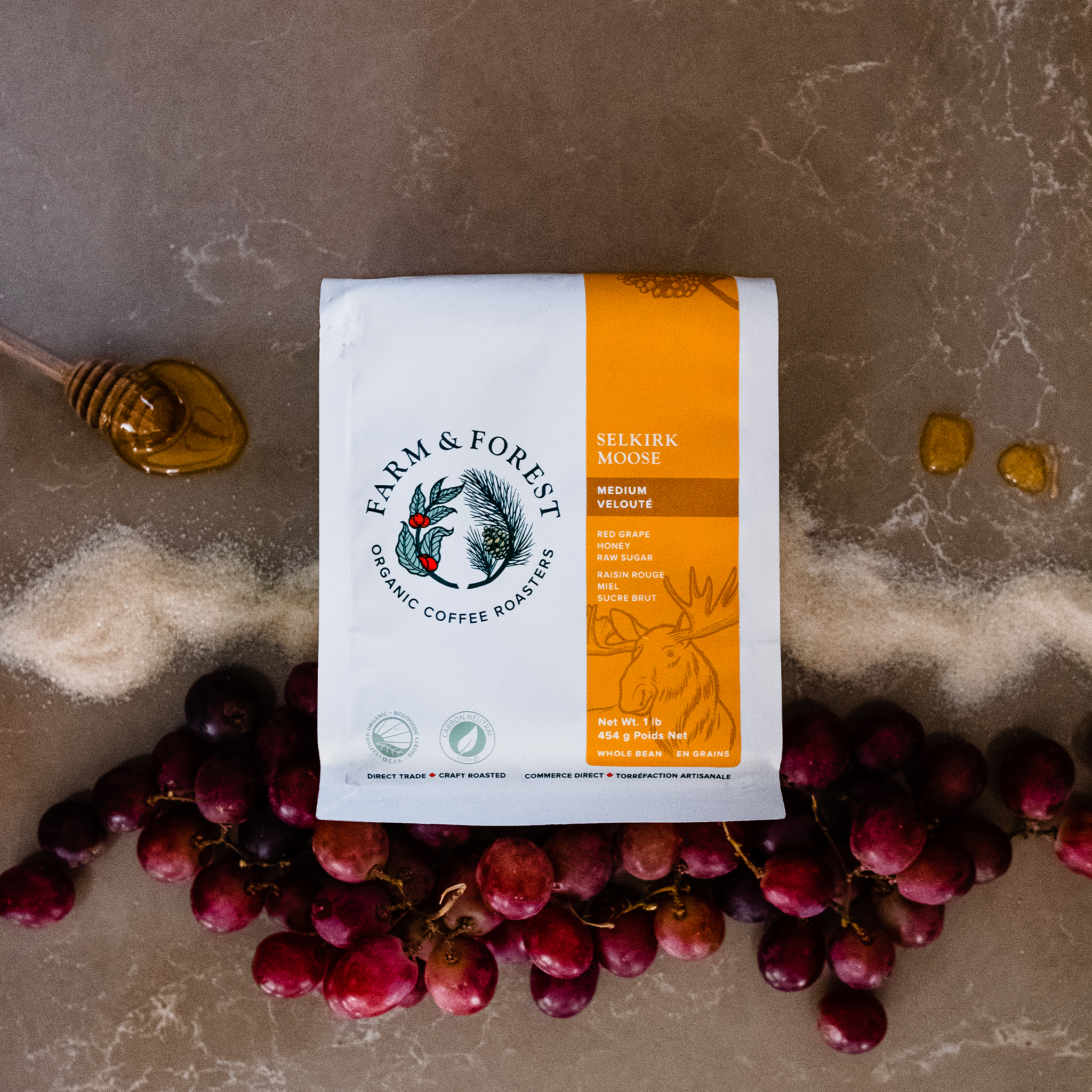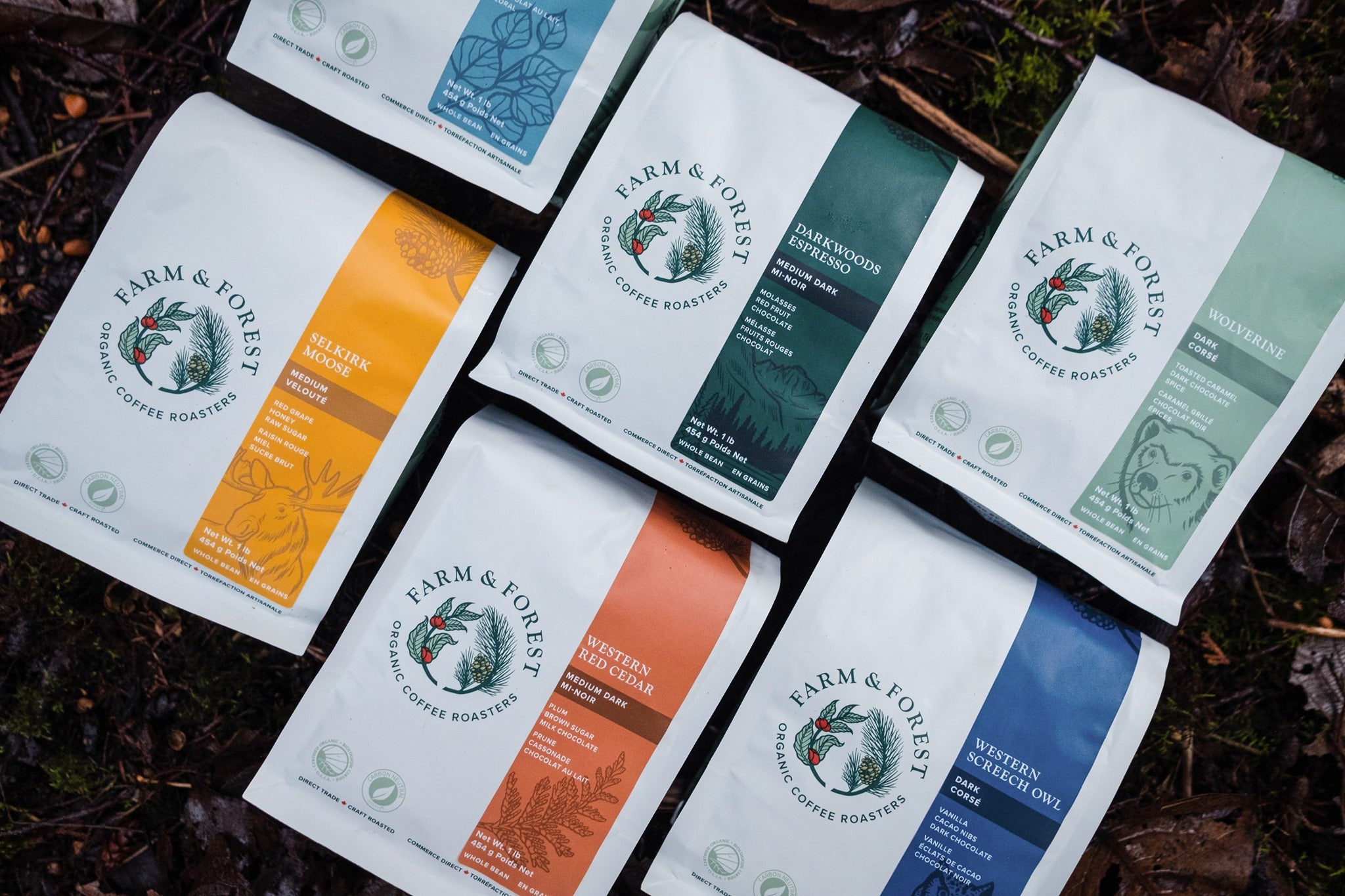Direct Trade vs. Fair Trade Coffee: What's the Difference and Why It Matters
In today’s ethically conscious coffee culture, terms like direct trade and fair trade are becoming increasingly familiar to premium coffee enthusiasts. But what do they really mean, and why do they matter? As consumers seek greater transparency, sustainability, and quality, understanding the difference between direct trade and fair trade coffee is essential. Each model has its benefits and challenges, and knowing how they affect farmers, roasters, and your daily brew can help you make more informed choices.
What Is Fair Trade Coffee?
Fair trade coffee is certified by third-party organizations such as Fairtrade International (FLO) or Fair Trade USA. The goal of this model is to ensure fair prices and ethical labour practices for coffee farmers, particularly those in developing countries.
Key Features of Fair Trade:
- Minimum Price Guarantee: Farmers receive a guaranteed minimum price that protects them from market fluctuations.
- Fair Trade Premium: An extra sum paid on top of the sale price, which is invested in community development projects.
- Environmental Standards: Includes guidelines for sustainable farming practices.
- Certification Process: Farms and cooperatives must be audited and certified to use the fair trade label.
Fair trade certification is especially helpful for smallholder farmers who lack direct access to international markets. However, critics argue that the system can be bureaucratic and that not all the premium reaches the individual farmer.
What Is Direct Trade Coffee?
Direct trade coffee refers to a sourcing model where coffee roasters buy directly from producers, without relying on traditional intermediaries or certification bodies. It emphasizes long-term relationships, higher quality beans, and greater transparency.
Key Features of Direct Trade:
- Direct Relationship: Roasters work directly with farmers, often visiting farms and negotiating prices personally.
- Focus on Quality: Direct trade often supports micro-lots, experimental processing methods, and premium beans.
- Higher Payments: Farmers may receive more than fair trade prices due to the absence of intermediaries.
- No Standardized Certification: Unlike fair trade, direct trade is not regulated by a single certifying body, which means standards can vary.
For coffee lovers who value flavour and sustainability, direct trade offers a compelling story—from seed to cup. Still, it requires trust and transparency, as consumers must rely on roasters’ claims rather than standardized labels.
| Feature | Fair Trade | Direct Trade |
| Certification | Yes, third-party | No, based on roaster transparency |
| Price Stability | Guaranteed minimum price | Negotiated, often higher |
| Quality Focus | General quality standards | Strong focus on premium quality |
| Farmer Relationships | Indirect, via cooperatives | Direct, personal relationships |
| Community Investment | Fair trade premium supports projects | Varies, may include direct investment |
| Flexibility | More rigid system | More adaptable and innovative |
Why It Matters to Premium Coffee Enthusiasts
For those who savour every nuance in their cup, knowing where and how the coffee was sourced adds another layer of appreciation. Both fair trade and direct trade contribute to more ethical supply chains, but they serve different purposes:
- Fair Trade provides a safety net for vulnerable farmers and promotes social equity.
- Direct Trade champions quality, transparency, and innovation in the specialty coffee sector.
Ultimately, premium coffee drinkers often prefer direct trade because of the traceability and quality, but fair trade remains a vital mechanism for market access in developing regions.
How to Know What You're Buying
With so many labels and claims, it’s not always clear which model a coffee follows. Here’s how to tell:
- Look for Certification: Fair trade coffee will carry a logo such as the Fairtrade Mark.
- Read the Roaster’s Story: Direct trade roasters often highlight farm partnerships, visit reports, and payment transparency.
- Ask Questions: Specialty coffee shops and roasters usually welcome questions about sourcing.
Supporting either model is better than buying commodity-grade coffee with no ethical sourcing at all.
The Future: Can Direct Trade and Fair Trade Coexist?
Some roasters are exploring hybrid approaches—leveraging the accountability of fair trade certification while building direct relationships to improve quality. Technology, such as blockchain and digital traceability platforms, is also helping improve transparency across both models.
As the industry evolves, informed consumers will continue to drive change by demanding coffee that tastes good and does good.
Frequently Asked Questions (FAQs)
Is direct trade better than fair trade?
Not necessarily. Direct trade focuses on quality and relationships, while fair trade ensures a safety net and broader social impact. Both have value depending on your priorities.
Does fair trade mean better coffee?
Fair trade ensures ethical standards but doesn’t always guarantee the highest flavour quality. Direct trade often focuses more on taste.
How do I know if my coffee is fair trade or direct trade?
Check for certifications or visit the roaster’s website to learn about their sourcing practices.
Can a coffee be both fair trade and direct trade?
Yes, some roasters combine models by buying from certified farms and maintaining direct relationships.
Why is direct trade coffee often more expensive?
Direct trade often involves higher payments to farmers, unique micro-lots, and better traceability, which can increase cost.
